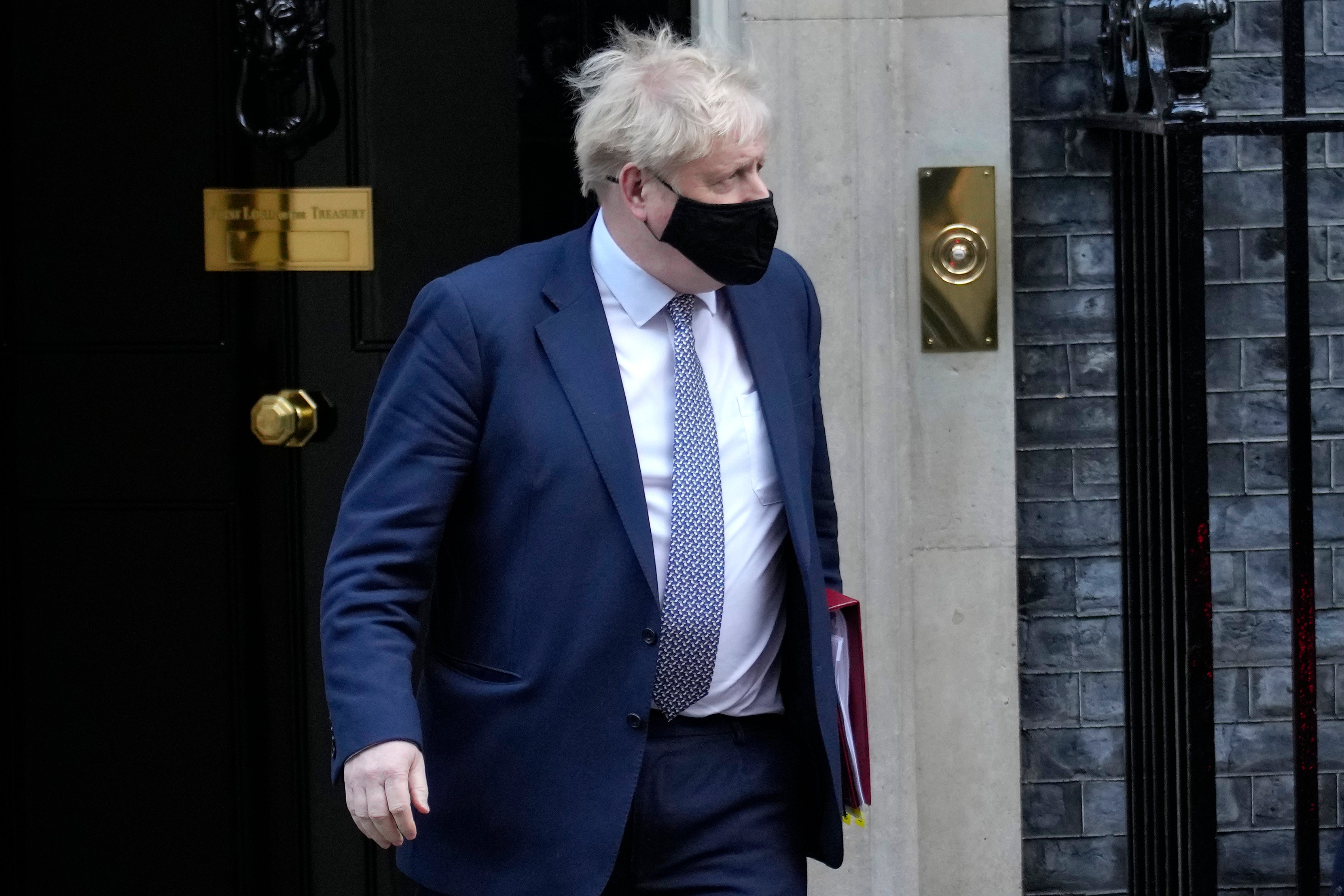Mea Culpa: A moral failing at the heart of government – or the opposite?
Our Ps and Qs in last week’s Independent, minded by John Rentoul


In an article about the interesting question of why no one had told journalists earlier about “bring your own booze” work events during lockdown, we said that it might be argued “that the failure belies a moral insufficiency at the heart of the civil service”. We meant that the failure to blow the whistle earlier was a sign of moral insufficiency, but managed to say the opposite. We changed it to “betrays a moral insufficiency”.
To “belie” something is to fail to give a true impression of it – it literally means to lie about something. So you might say Boris Johnson’s claim that he was “sickened” by his staff appearing not to take the rules seriously belied his own rule-breaking. Thanks to Paul Edwards for pointing this one out.
First among secret-keepers: In another article on the same subject, we described Martin Reynolds, the civil servant who issued the invitation to “drinks” in the Downing Street garden, as the prime minister’s principle private secretary. It is an arbitrary convention, but we should have spelt it “principal”. It is the same word, from Latin princeps, meaning first (hence also prince), but has evolved two distinct meanings. “Main, or most important” is spelt “–al”; and “fundamental truth” (a “first” belief) is spelt “–le”. Thanks to Roger Thetford.
The leader led: Another spelling that often catches us out – although spellcheckers are getting cleverer and can increasingly deduce from context what the spelling should be – is the past tense of “lead”, which is “led”. We said: “Senior Conservatives were fearful an investigation from Ms Stone could have lead the prime minister...” Thanks to Stephen Mennell for spotting that one, which is indeed picked up by my Google Docs spellchecker.
Counted out: In our report of an awful case, we said that a Metropolitan Police officer had been charged with several more sexual offences after new alleged victims came forward. We then listed the new charges, but called them “counts” of rape, attempted rape, assault and so on. Thanks to Henry Peacock, a friend of this column, for pointing out that we used “count” or “counts” 11 times in three short paragraphs.
As he said, a bit of elegant variation is acceptable, but this was too many, especially given that “count” is an Americanism and the usual British English is “charge”.
Snow distance: In a weather report brought to my attention by John Harrison, we said: “Snow fell on the M77 and M74 in Scotland, causing the A66 trans-Pennine route between County Durham and Cumbria to shut for several hours.” That would have been a remarkable meteorological phenomenon, working at a distance of about 100 miles: I think we meant “and also caused”.



Join our commenting forum
Join thought-provoking conversations, follow other Independent readers and see their replies
Comments